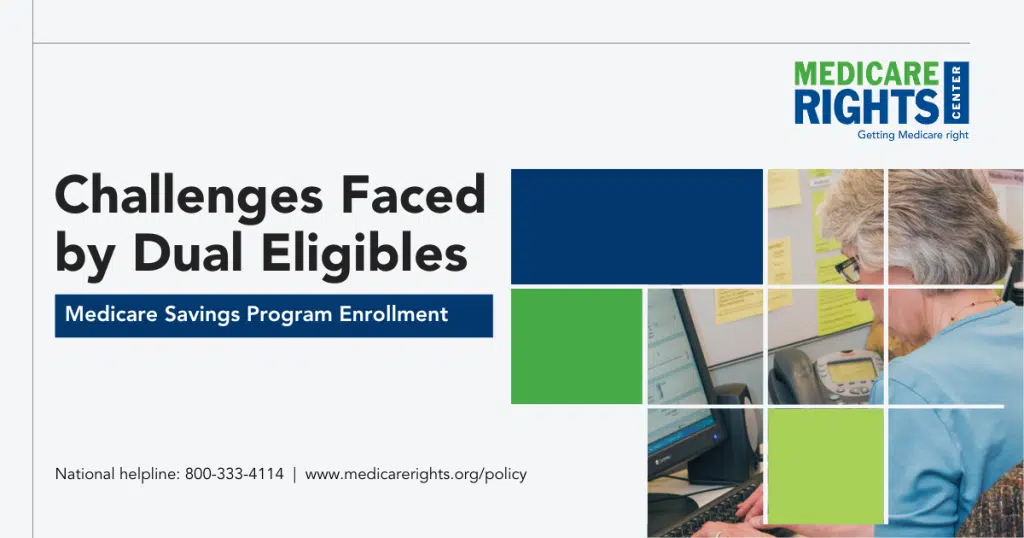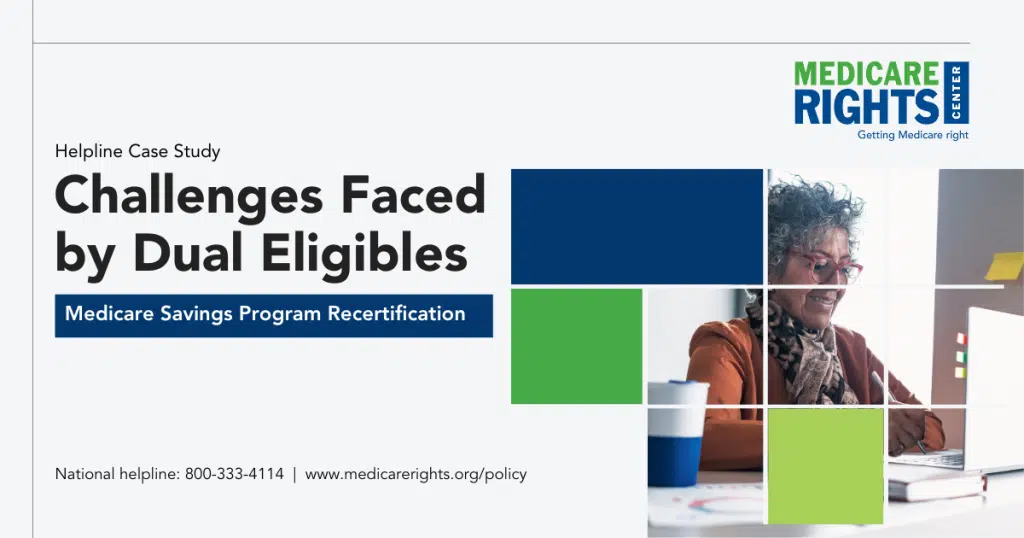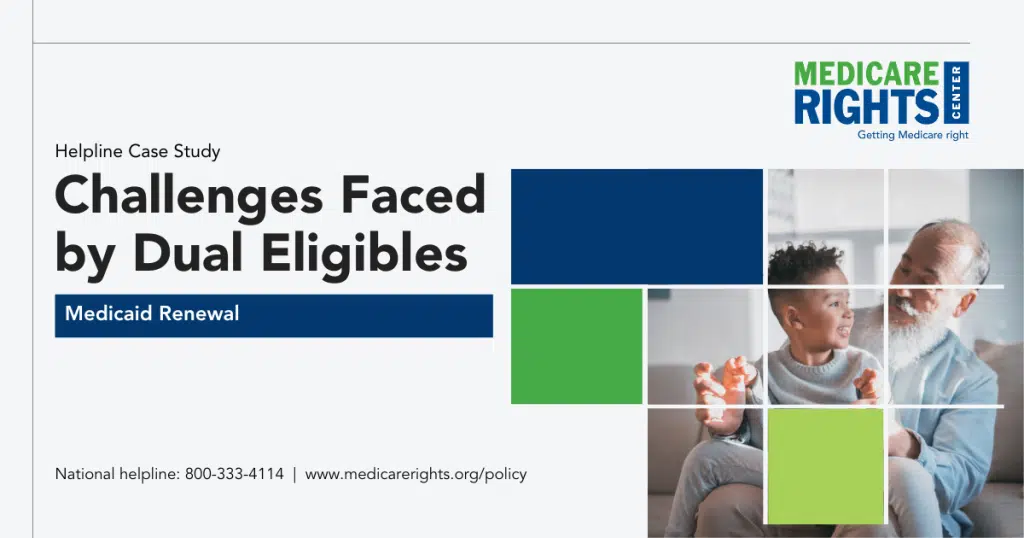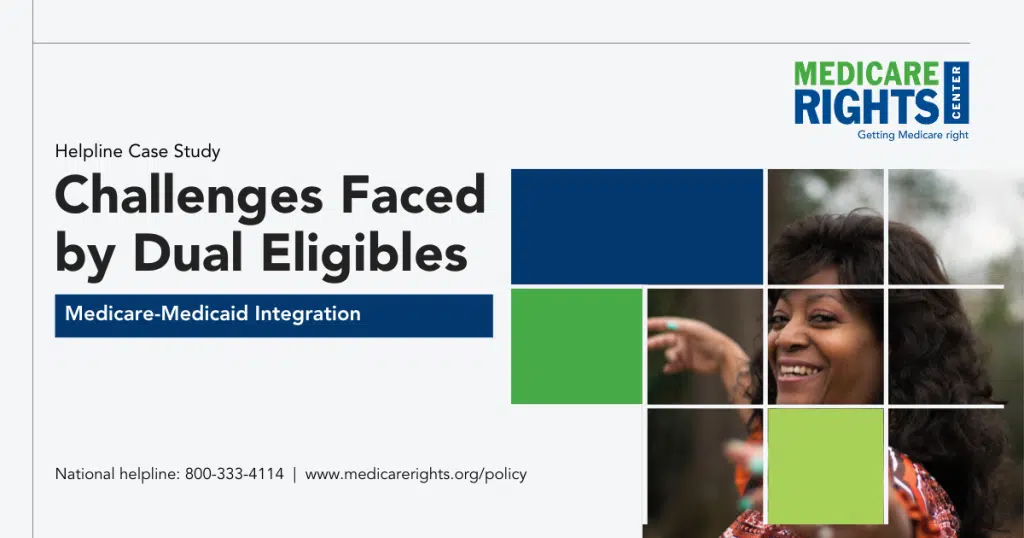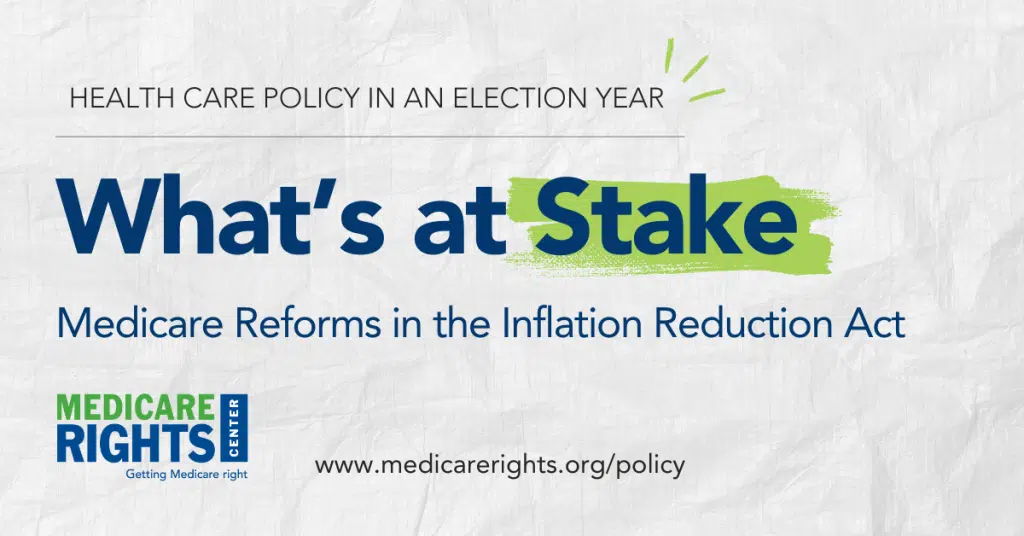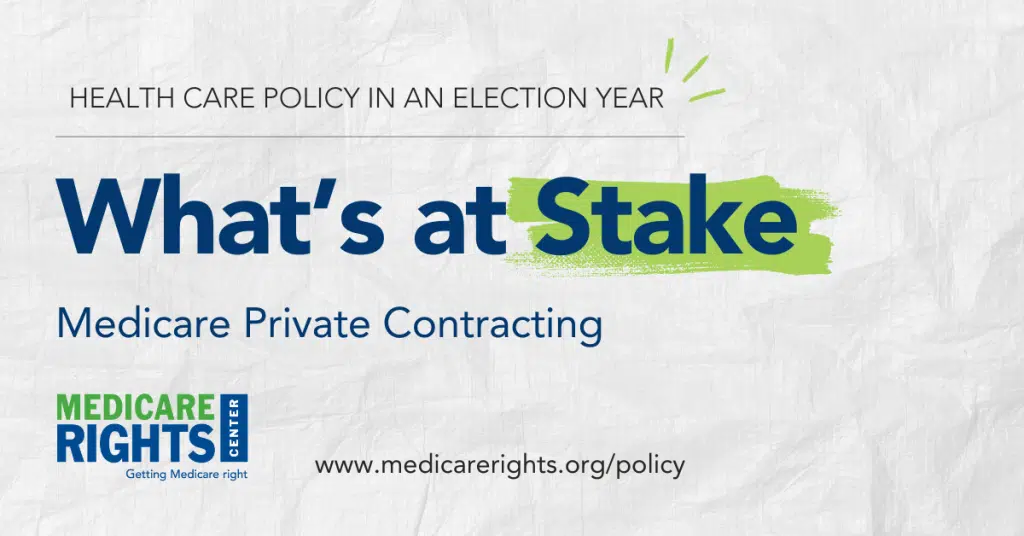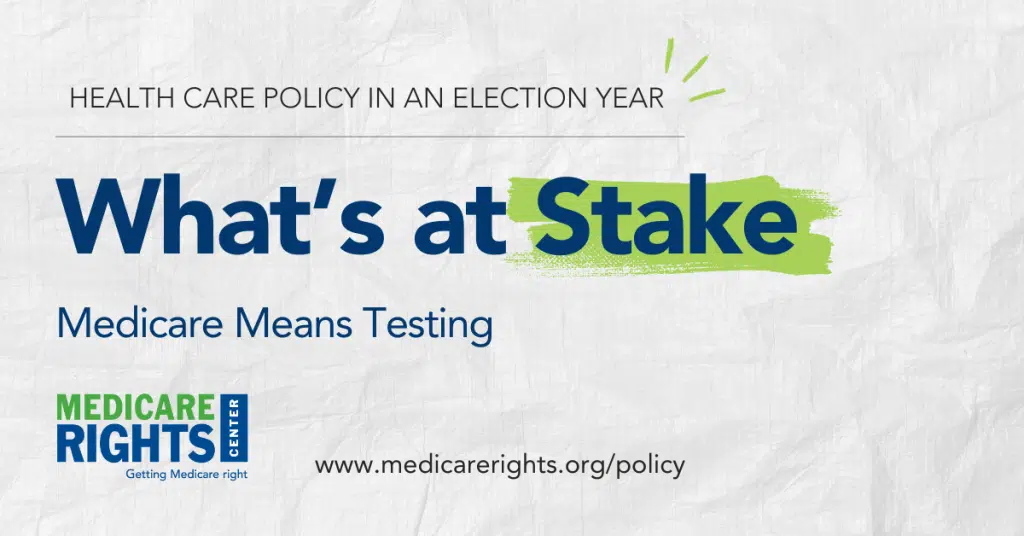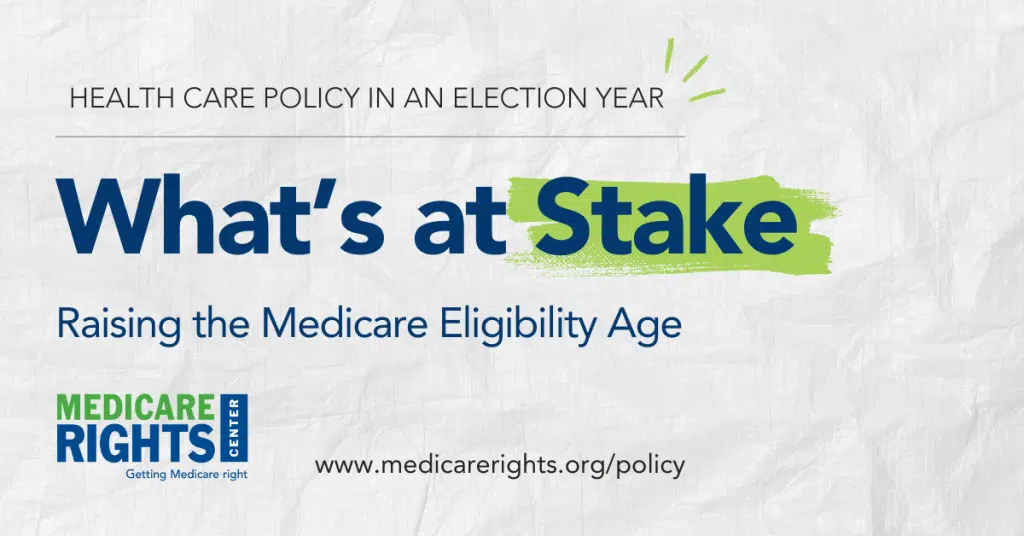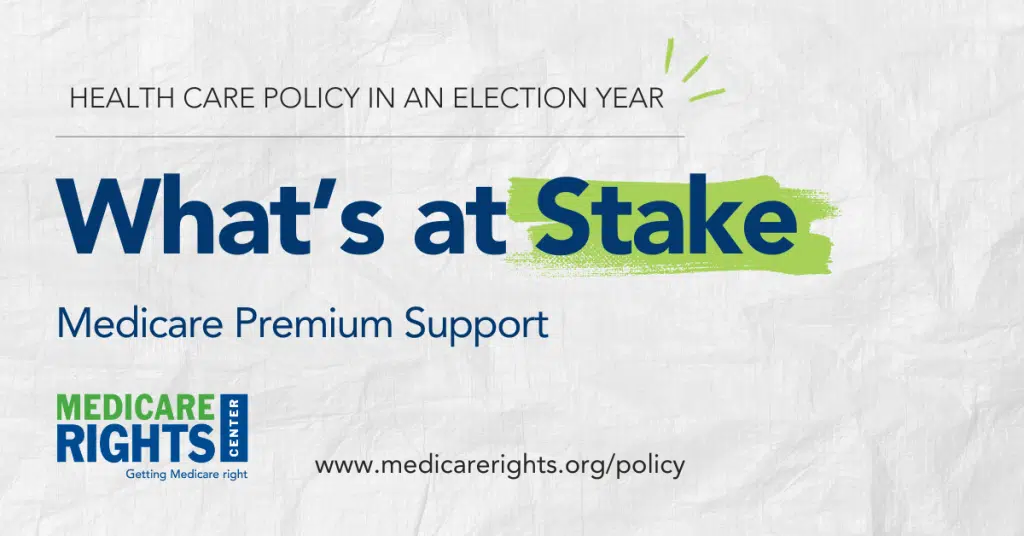This report features the top helpline trends and highlights the most commonly sought helpline and Medicare Interactive answers, providing a glimpse into the various questions and needs of Medicare beneficiaries, caregivers, and the professionals assisting them in the community in 2023.
Read More
This case study focuses on how automatic enrollment in Medicare Savings Programs can remove many individuals’ barriers when enrolling. Simplifying the enrollment process is essential to increasing participation and ensuring that more people can benefit from these vital programs.
Read More
Medicare Savings Program recertification varies widely nationwide. This case study compares two experiences—one with automatic recertification and one with a more complex process—to illustrate the need for nationwide Medicare Savings Program recertification improvements.
Read More
Renewing Aged, Blind, and Disabled Medicaid is necessary to maintain benefits. This case study contrasts a complicated renewal process with one eased by COVID-19 public health emergency flexibilities, arguing for lasting reforms in Medicaid renewal procedures.
Read More
Coordinating benefits and services for dually eligible individuals is often complex and disjointed. This study examines the challenges of poorly integrated care and offers recommendations for improving integration at both state and federal levels.
Read More
The Inflation Reduction Act (IRA) of 2022 made key changes in Medicare law and coverage to improve prescription drug affordability for older adults and people with disabilities. Since its passage, some stakeholders and lawmakers have targeted IRA policies for revision or repeal, especially the law’s Medicare Drug Price Negotiation Program. Depending on the provisions targeted, this would increase beneficiary costs and increase Medicare spending.
Read More
Some policies would give Medicare providers the right to charge beneficiaries more for care than is currently allowed through balance billing or private contracting arrangements. Under Medicare private contracting, providers could charge their Medicare patients more than they currently pay or require them to negotiate a contract for the cost of their care.
Read More
A core component of Medicare is its universality. Some policy ideas would undermine that promise by limiting certain benefits to people with lower incomes or requiring those with higher incomes to pay more for care. Means testing any portion of Medicare would add administrative complexity and access barriers.
Read More
A commonly discussed reform would raise the Medicare eligibility age from 65 to 67 or even 70. This would reduce access to care and disproportionately harm some who can least afford it, including people who work in physically demanding jobs and older adults of color.
Read More
Proposals to turn Medicare into a premium support system, also called a defined contribution system or a voucher program, are evergreen. Such programs would give people with Medicare a voucher or coupon worth a certain amount toward the purchase of health coverage. If the voucher did not cover the full cost, the person would presumably have to pay the rest or go without coverage.
Read More


